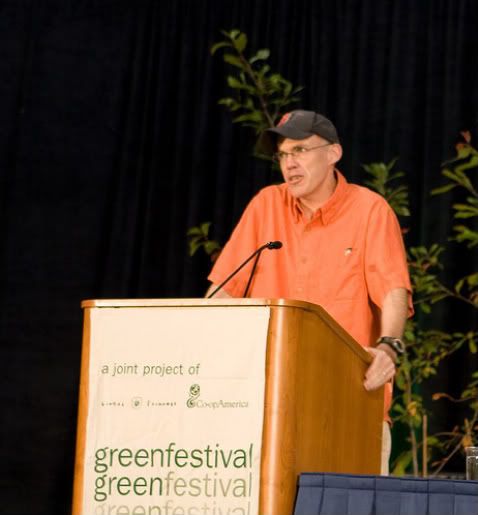Recent events have made it somewhat evident that the current system of global governance is inadequate for the problem of abrupt climate change. A suggestion that is slowly becoming more popular is that of a new system of global governance, and so this is a review of Peter G. Brown and Geoffrey Garver’s (2009) book Right Relationship: Building A Whole Earth Economy. Right Relationship is, to a significant extent, a “Quaker” outline for the reconcilement of economy with ecology; meaningfully, its transformative suggestions do seem quite apropos of the need for post-capitalist environmental design.
(crossposted at Big Orange)





